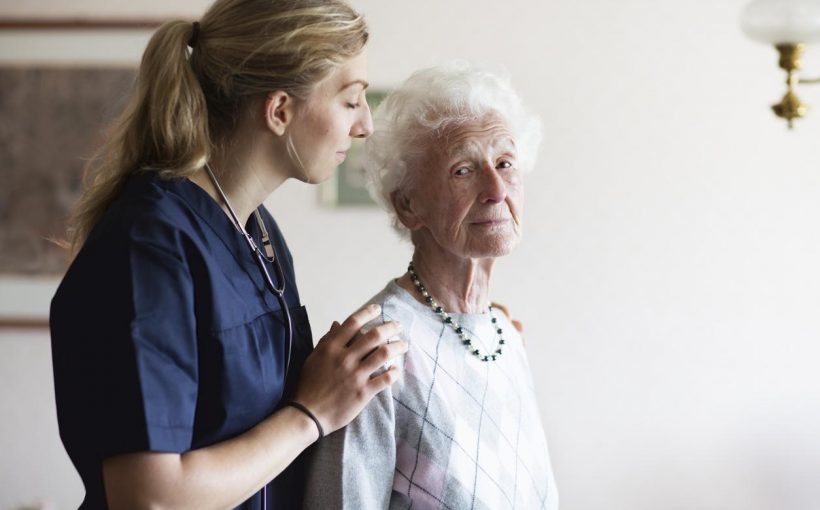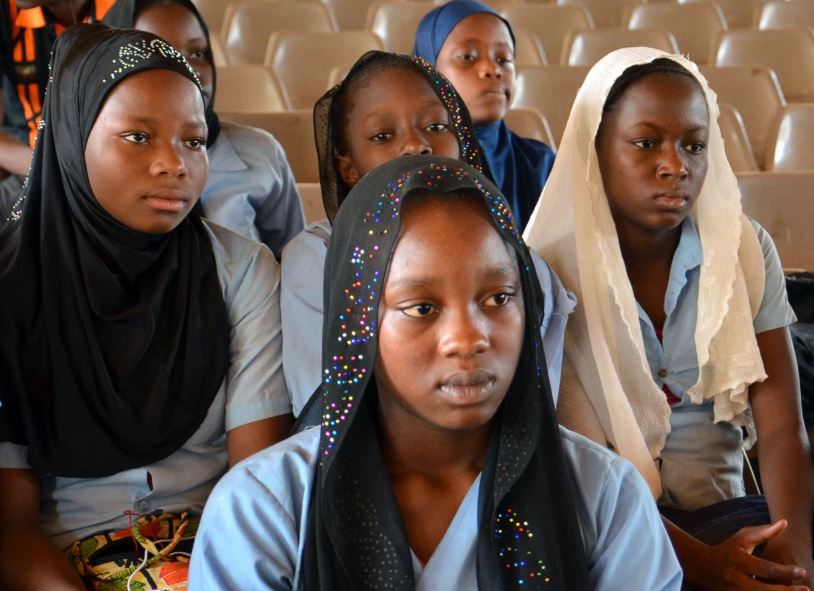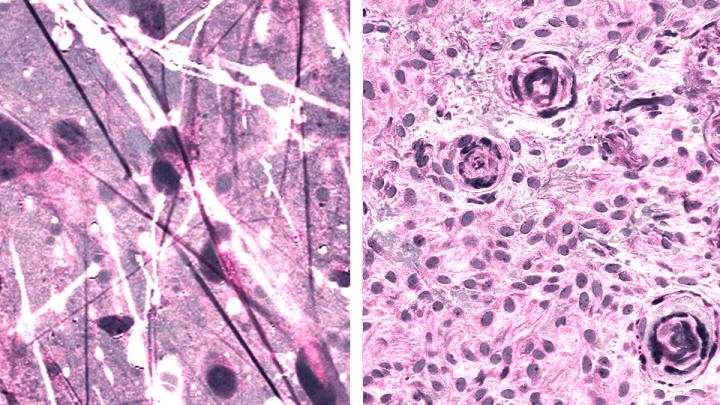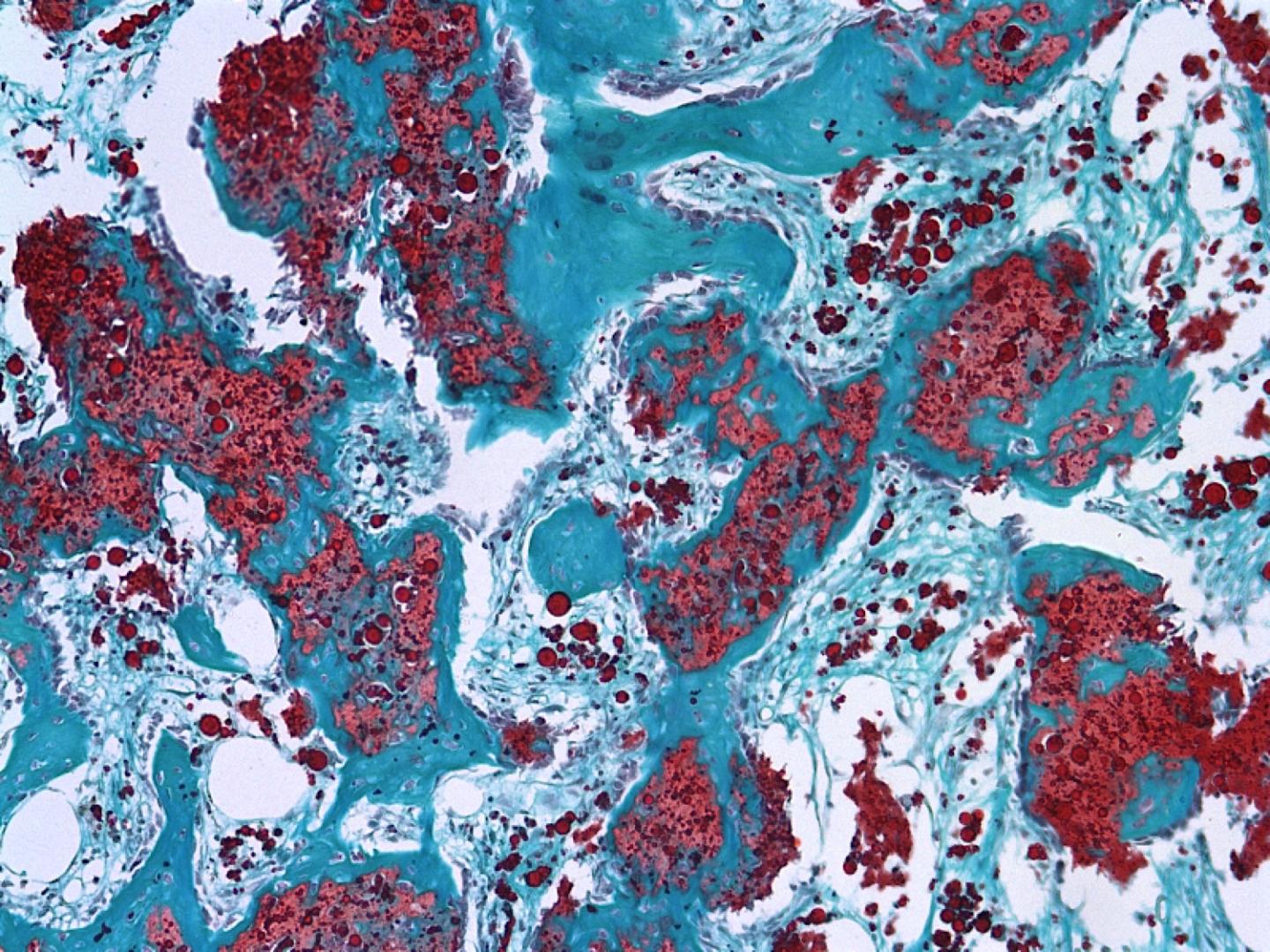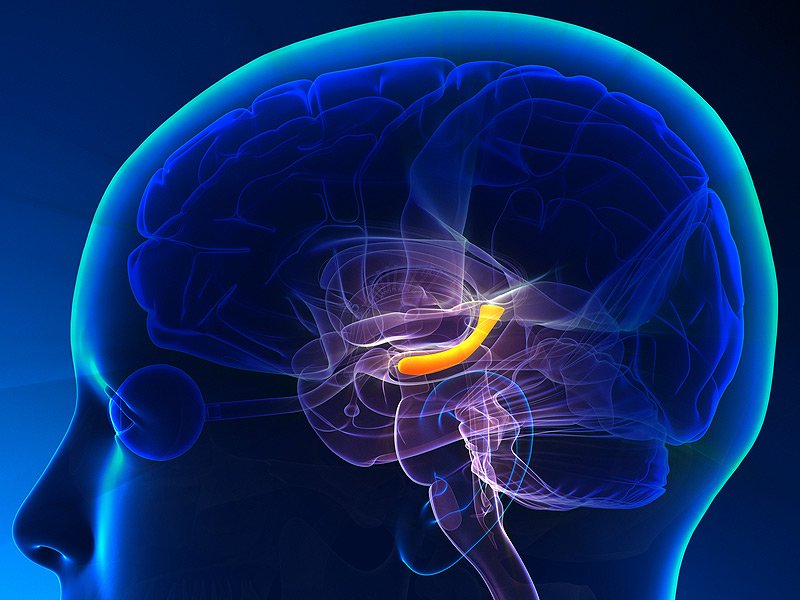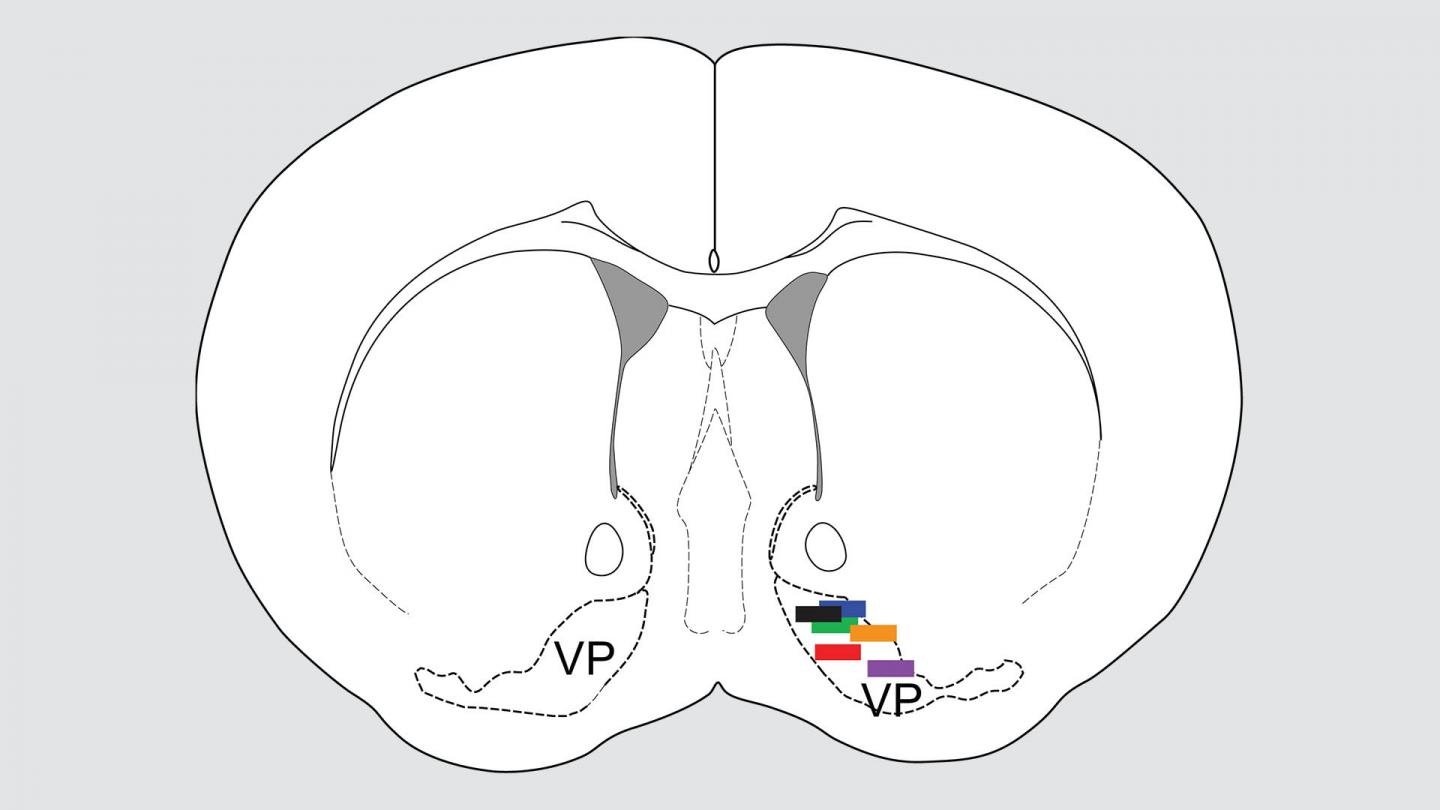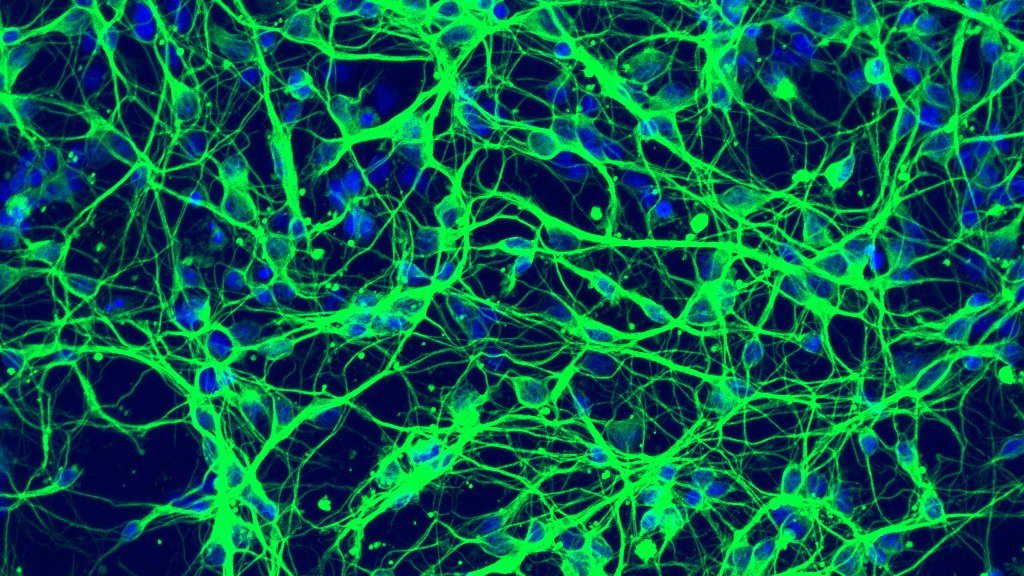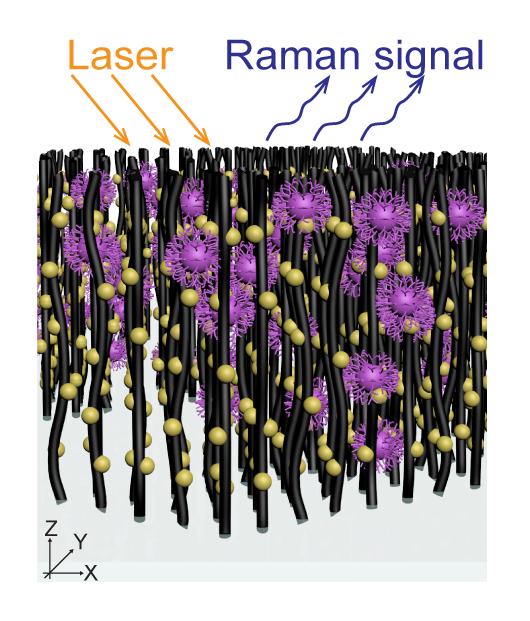Controlling molecular glue protects connections between brain cells
A way in which some connections between brain cells can resist degeneration – a hallmark of traumatic brain injuries and neurodegenerative diseases — has been discovered by researchers at The University of Queensland. Dr Sean Coakley and Professor Massimo Hilliard from UQ’s Queensland Brain Institute Clem Jones Centre for Ageing Dementia Research uncovered a way in which cells control the … Read more

